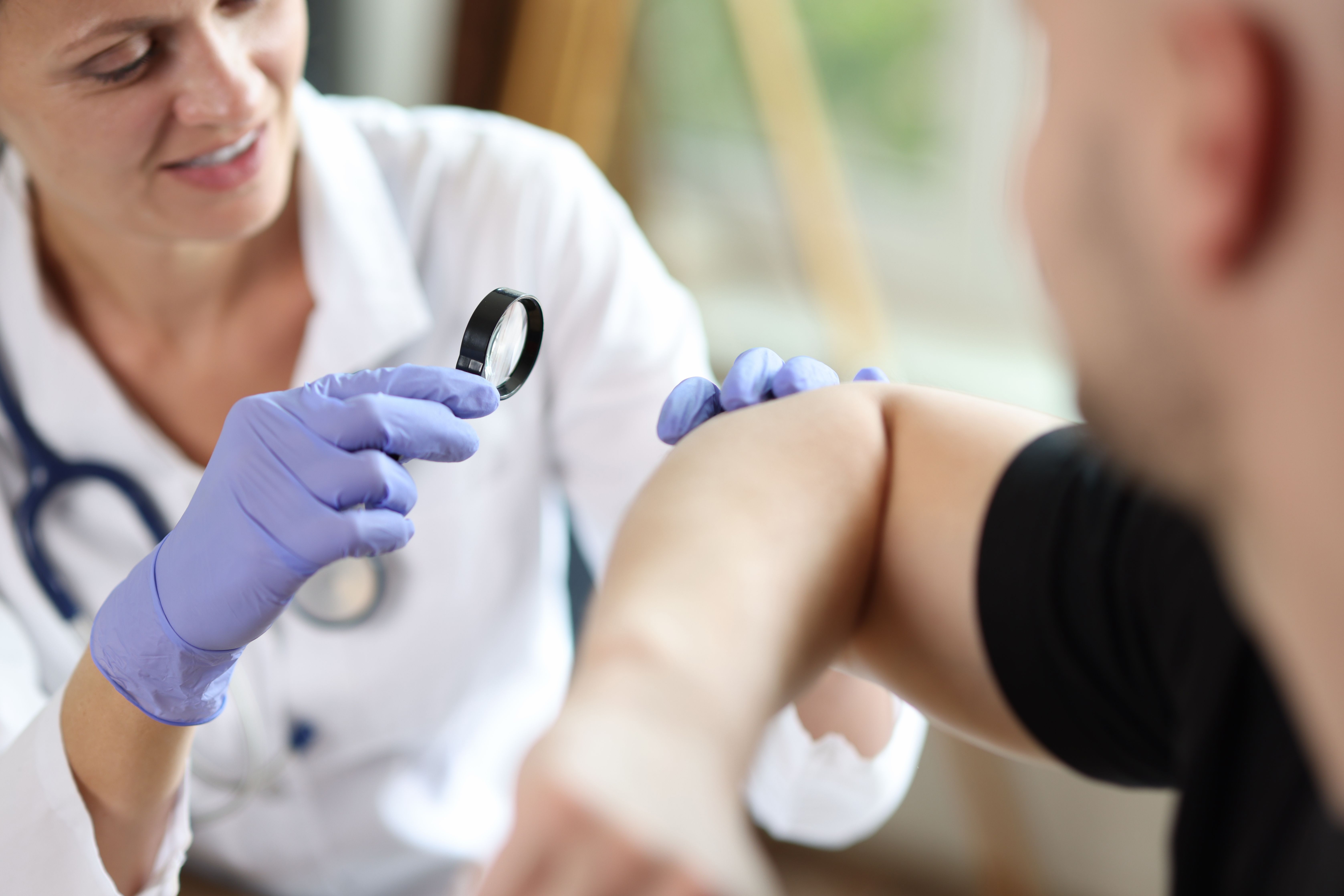Weathered or unhealthy skin has been identified as a significant risk factor for age-related diseases, ranging from Parkinson’s to type 2 diabetes. The health of our skin is not just a reflection of our lifestyle choices, but it actively participates in our overall physical wellbeing. Recent studies suggest that skin, being the body’s largest organ, can release chemicals that contribute to systemic inflammation, influencing the health of other organs such as the heart and brain.
Key Points:
- The Baltimore Longitudinal Study established a connection between the appearance of youthful skin and inner health. Those who looked older than their age were more likely to face health issues.
- Skin health can be an indicator of various factors, including bone density and risks of developing certain diseases. The skin’s state can even influence overall health, potentially either maintaining health or exacerbating problems.
- Sun exposure and UV radiation are significant contributors to skin ageing. UVA rays, which make up 95% of total UV radiation reaching Earth, can deeply penetrate the skin and damage collagen.
- Skin undergoing the ageing process releases chemicals that can cause inflammation, known as “inflammaging.” This inflammation not only affects the skin but can lead to systemic inflammation, impacting other body organs.
- Protection from the sun and consistent moisturizing can improve skin health. One study found that elderly participants who moisturized twice daily for three years did not show cognitive decline compared to those who did not.
Source: https://www.bbc.com/future/article/20230823-the-curious-ways-your-skin-shapes-your-health






